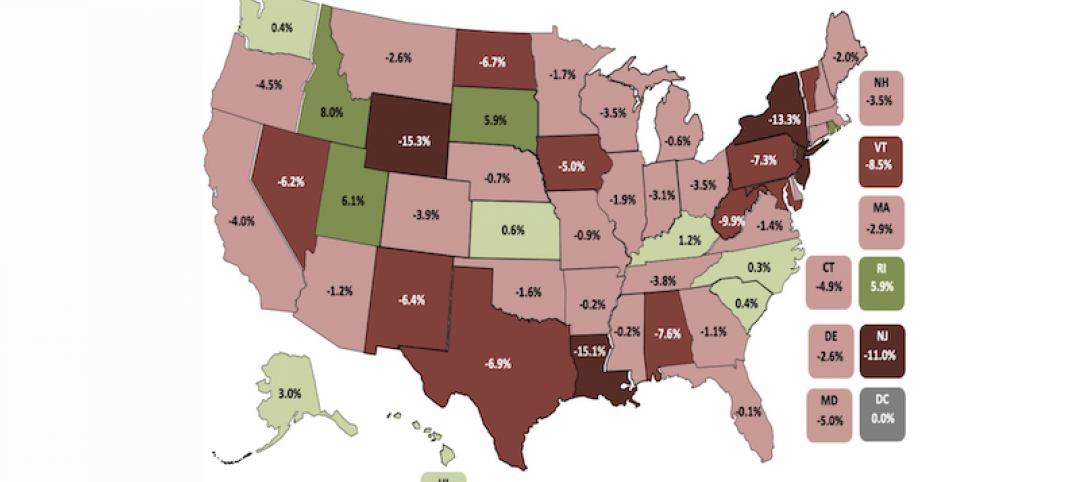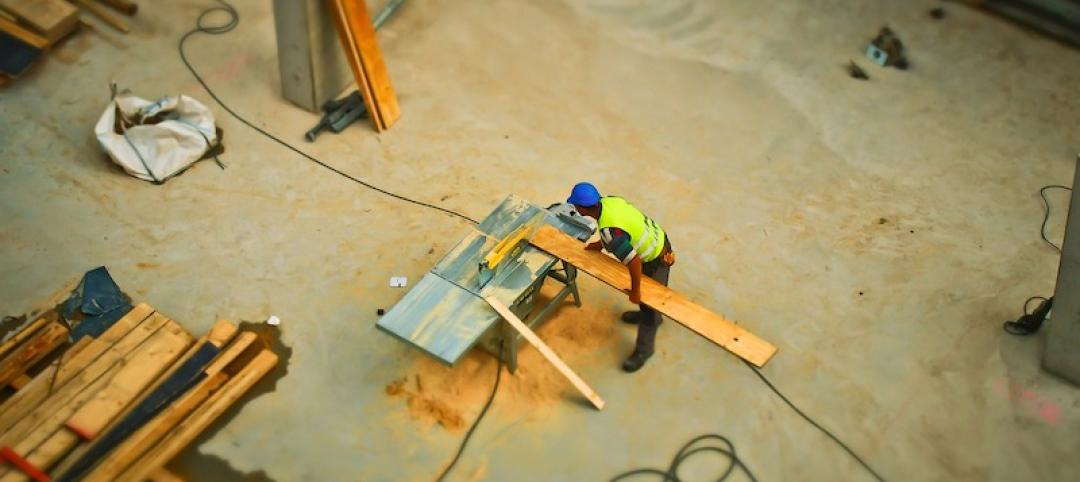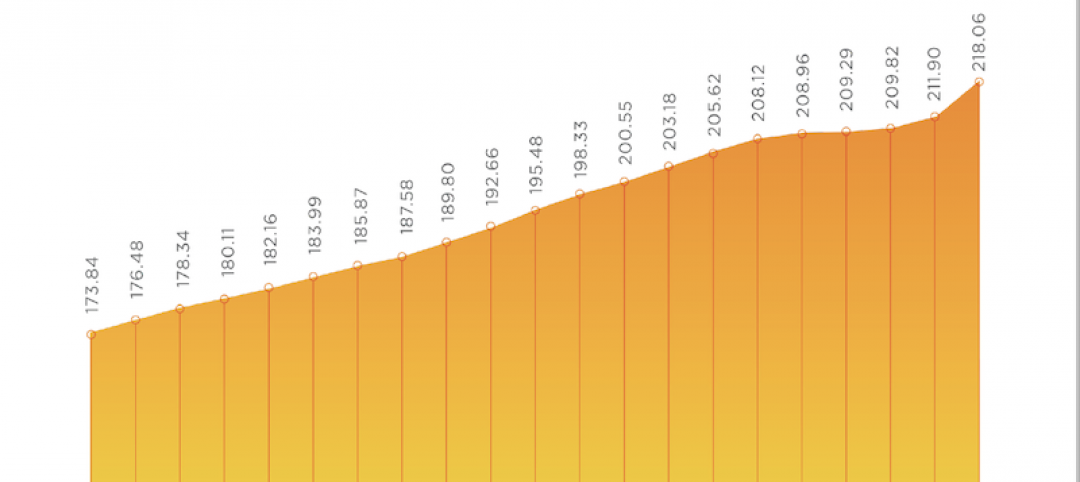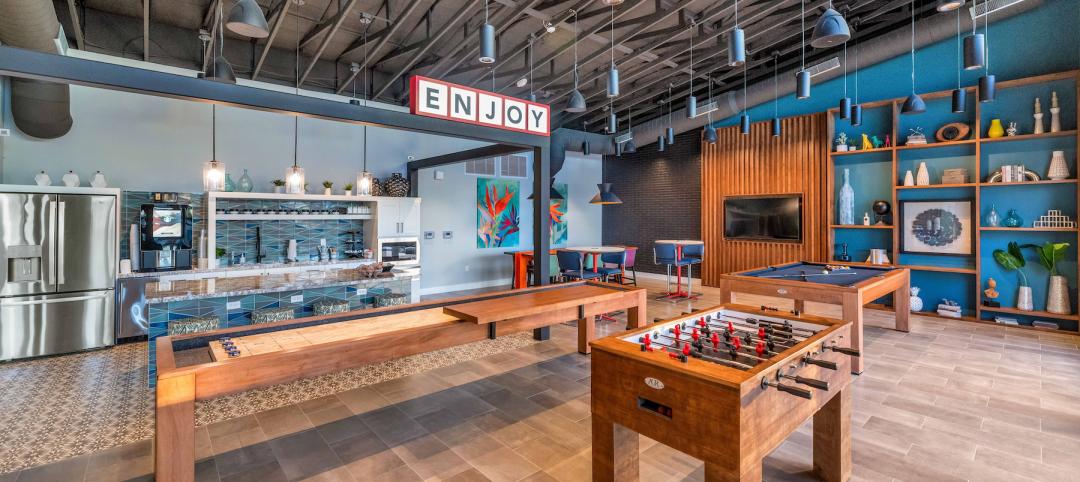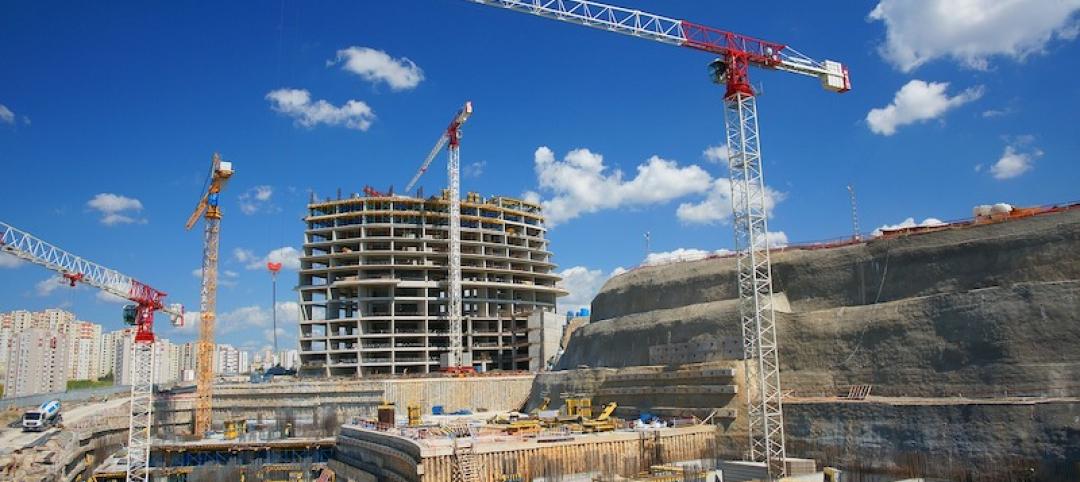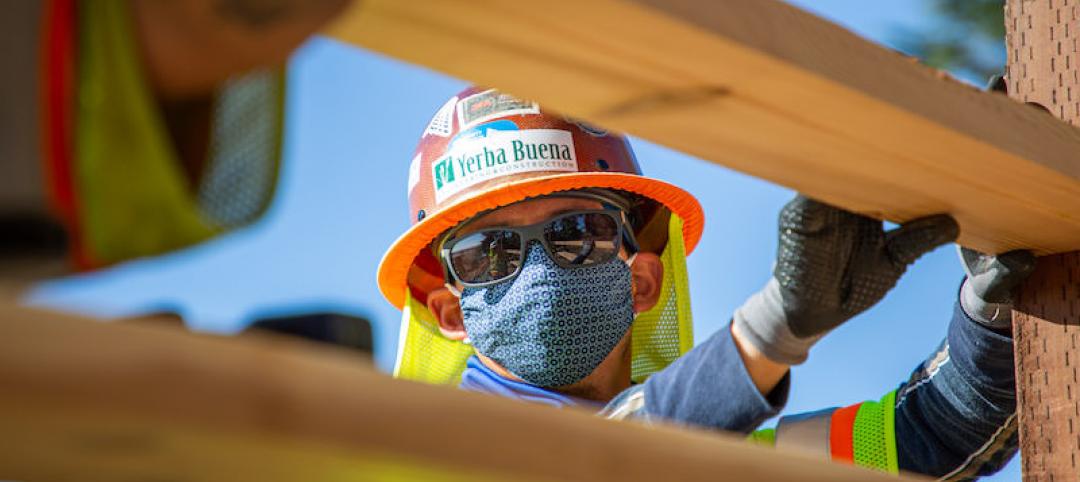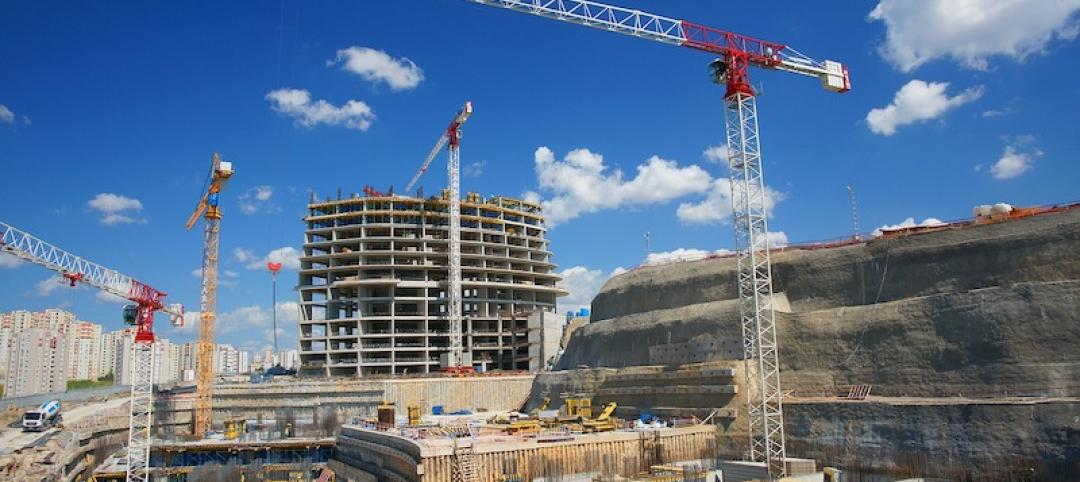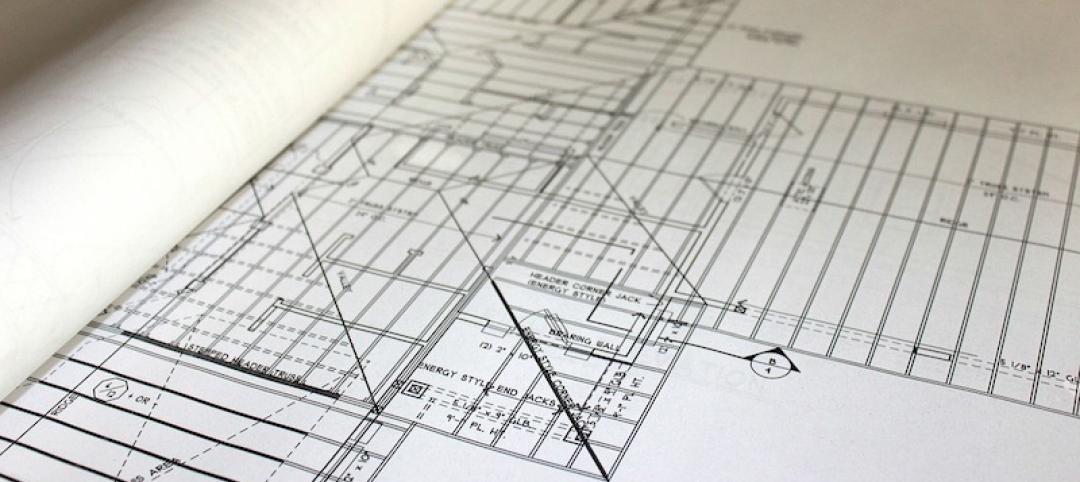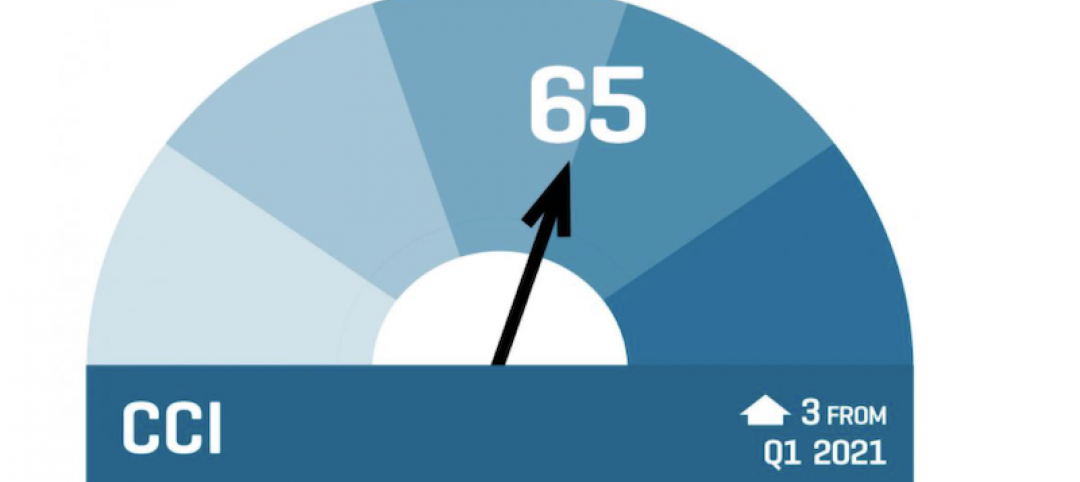1. Miami Beach Convention Center renovation and expansion completes (BD+C)
"The project was designed with the goal of making Miami Beach Convention Center the most technologically-advanced center in the U.S. and to provide upgraded show needs and increase the potential for the city to market the center on an international basis. Achieving this goal involved complex renovations and replacements of virtually all the building’s electrical and mechanical operating systems."
2. Majority of contractors fear long-term business implications of COVID-19, according to Construction Executive survey (ABC)
"While many contractors have not yet seen drastic impacts to their business, as construction was in many areas considered an “essential” service, the long-term implications are concerning. Seventy percent of contractors did not expect the construction industry to stabilize until at least 2021, while an additional 10.4% say they believe it may never reach pre-pandemic levels."
3. Guidance offered for K-12 schools to support students with asthma (BD+C)
"The Center identified four primary categories where environmentally healthy purchasing can help reduce irritants and allergens that contribute to asthma. The guidance addresses cleaning products, filters, furniture, rugs, and markers and paints."
4. Hotter than ever, construction tech still has plenty of flaws, experts say (Bisnow)
"Building information modeling, or BIM, and other construction technologies have only grown in importance to developers, architects and contractors amid the coronavirus pandemic. But the construction industry's adoption of new construction tech isn't without its speed bumps, panelists said during Bisnow's BIM and future of construction and development webinar."
5. JPMorgan targets $700 million for residential-development fund (Bloomberg via National Real Estate Investor)
"The fund will seek to deliver annual returns of 13 to 15 percent after fees by developing single-family and multifamily rentals outside gateway markets."
Related Stories
Market Data | Jul 19, 2021
Construction employment trails pre-pandemic level in 39 states
Supply chain challenges, rising materials prices undermine demand.
Market Data | Jul 15, 2021
Producer prices for construction materials and services soar 26% over 12 months
Contractors cope with supply hitches, weak demand.
Market Data | Jul 13, 2021
ABC’s Construction Backlog Indicator and Contractor Confidence Index rise in June
ABC’s Construction Confidence Index readings for sales, profit margins and staffing levels increased modestly in June.
Market Data | Jul 8, 2021
Encouraging construction cost trends are emerging
In its latest quarterly report, Rider Levett Bucknall states that contractors’ most critical choice will be selecting which building sectors to target.
Multifamily Housing | Jul 7, 2021
Make sure to get your multifamily amenities mix right
One of the hardest decisions multifamily developers and their design teams have to make is what mix of amenities they’re going to put into each project. A lot of squiggly factors go into that decision: the type of community, the geographic market, local recreation preferences, climate/weather conditions, physical parameters, and of course the budget. The permutations are mind-boggling.
Market Data | Jul 7, 2021
Construction employment declines by 7,000 in June
Nonresidential firms struggle to find workers and materials to complete projects.
Market Data | Jun 30, 2021
Construction employment in May trails pre-covid levels in 91 metro areas
Firms struggle to cope with materials, labor challenges.
Market Data | Jun 23, 2021
Construction employment declines in 40 states between April and May
Soaring material costs, supply-chain disruptions impede recovery.
Market Data | Jun 22, 2021
Architecture billings continue historic rebound
AIA’s Architecture Billings Index (ABI) score for May rose to 58.5 compared to 57.9 in April.
Market Data | Jun 17, 2021
Commercial construction contractors upbeat on outlook despite worsening material shortages, worker shortages
88% indicate difficulty in finding skilled workers; of those, 35% have turned down work because of it.




